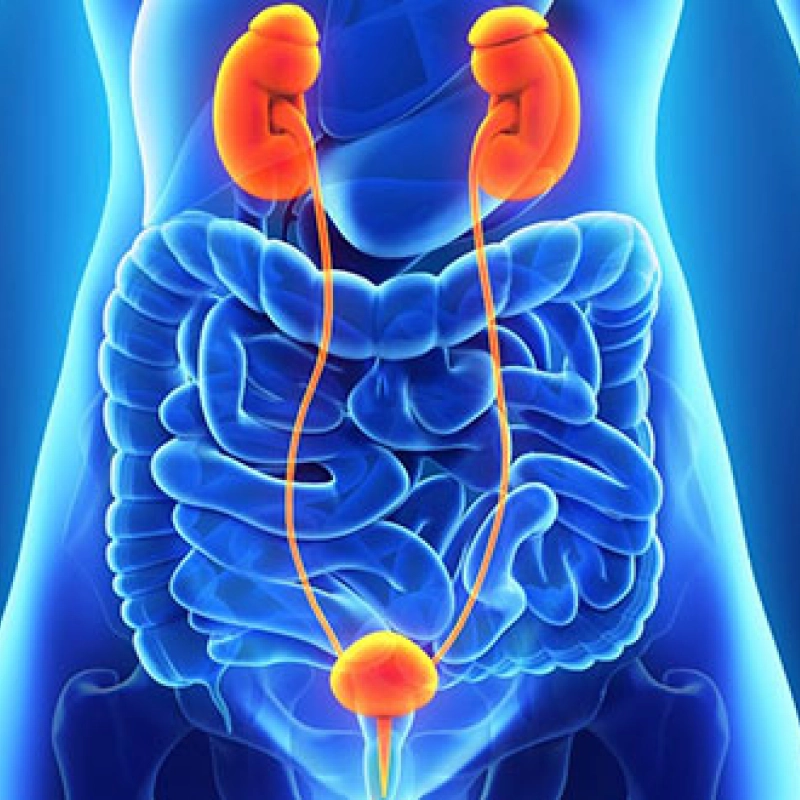Home/Wellness Zone/Sakra Blogs
12th Feb, 2024

The sudden onset of excruciating pain in the lower back or abdomen can be a sign of a common and often underestimated condition - kidney stones. This intense discomfort, known as ureteric colic, is caused by the passage of kidney stones through the narrow tubes connecting the kidneys to the bladder, called the ureters.
Enquire Now
